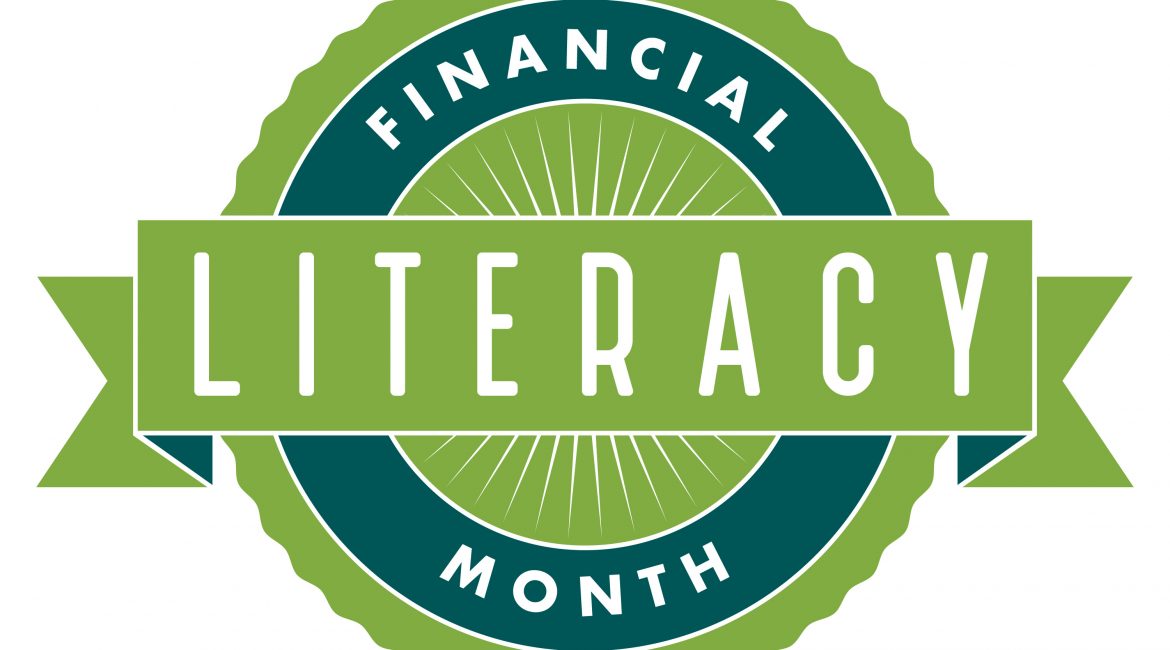Did you know that April is Financial Literacy Month? An entire month devoted to learning about money may sound extreme… until you read the stats. According to a recent survey, only 57% of adult Americans understand basic financial concepts.
A lack of knowledge isn’t just bad for your brain; it’s dangerous for your wallet. So here are some simple actions (based on fundamental financial concepts) that will boost your saving power.
Start an emergency saving account
Car repairs, medical emergencies, last-minute necessities… we all get hit with surprise costs from time to time. The best way to ensure that you stay prepared is to start an emergency savings account. If possible, try to keep this separate from your regular savings account, so you don’t have to drain funds for those future costs that you can actually predict.
Review your student loan repayment options
When’s the last time you checked your monthly student loan payment? Is it so high that you can’t pay the rest of your bills? If it’s too low, you may end up paying more in interest over the life of the loan than you need to. If you need to adjust your payment, you may be able to negotiate your monthly sum with your servicer.
Open a retirement account
Saving for retirement is critical (unless you plan on working full-time forever). If your employer offers a 401(k), make sure you take advantage of it. Even putting small sums away every month can make a big difference later once you lose full-time income. Likewise, if you don’t have access to an employer-sponsored retirement plan, open an IRA or CD.
Set financial goals
Setting financial goals will ensure that you get what you want in life, and help you save money in the long run. Goals should fall into three categories (short, medium and long-term). For example, a new computer may be a short-term goal, while a new home will take months or even years of consistent savings; this would be a long-term goal. Once you set your goals, create a realistic timeline for achieving them.
DOCFCU partnership with BALANCE
If you need help setting goals or just want to get your finances back on track, we have partnered with BALANCE’s Certified Financial Counselors for one-on-one assistance.
To speak with a counselor, call toll-free 1-800.777.PLAN (7526).
Monday–Thursday 7:30 AM–6 PM, Friday 7:30 AM–5 PM, Saturday 9 AM–2 PM (Pacific Time)

